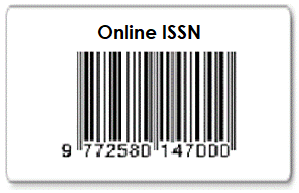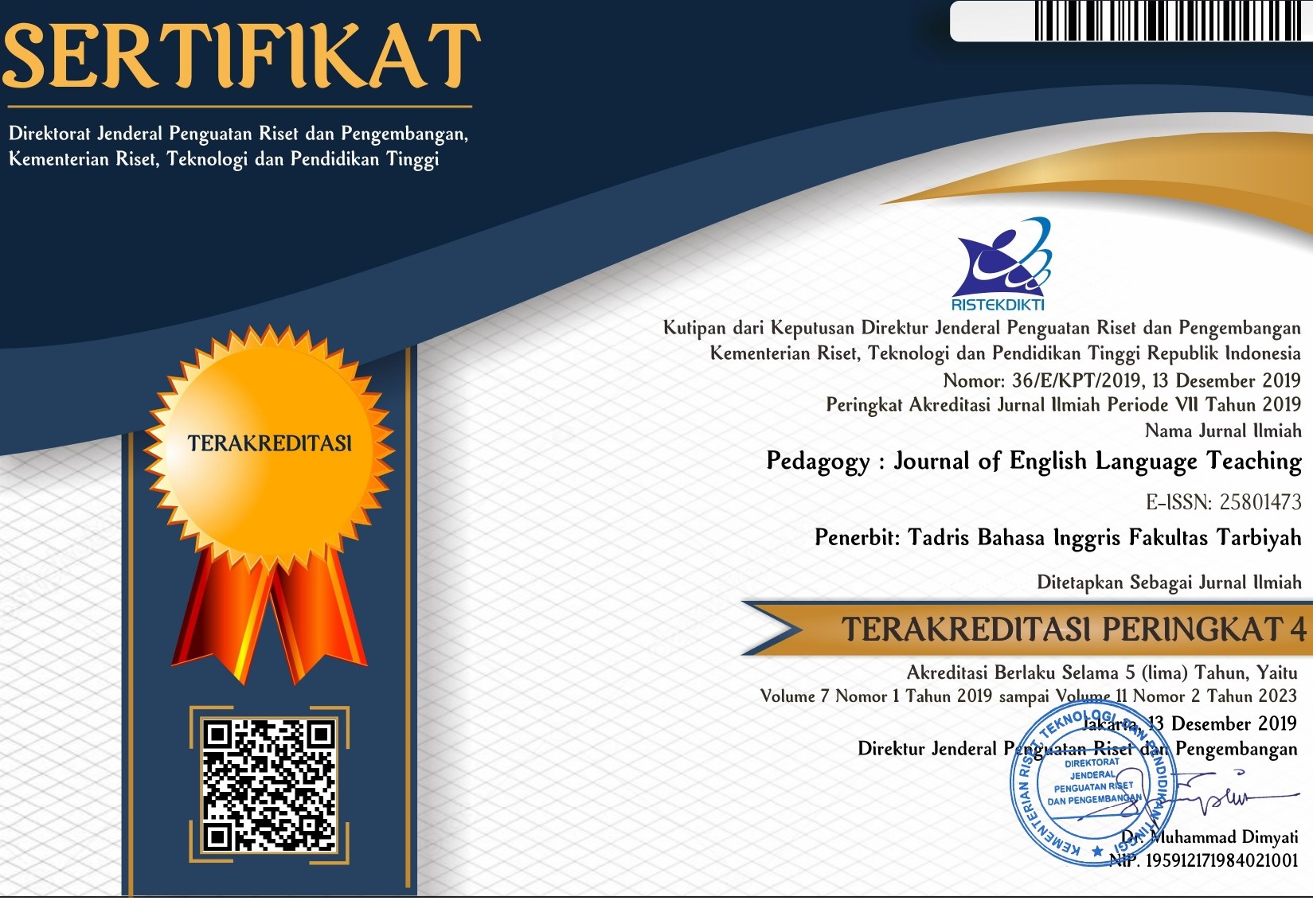How does Intensity of Writing Practices Correlate with Argumentative Writing Ability among Indonesian freshmen Students?
DOI:
https://doi.org/10.32332/joelt.v9i2.3687Keywords:
argumentative writing, correlation, the intensity of practices, writing ability, writing habitAbstract
This study aimed to find the correlation between intensity practice and the result of students' argumentative writing performance. This descriptive quantitative study involved 41 students in the first semester of the English Language Teaching department at an Islamic state university in Lampung province, Indonesia. The data were taken from the argumentative writing tests and questionnaires. The test indicators were the content, organization, grammar, vocabulary, and mechanics of students' texts. The questionnaires were distributed to measure the students' intensity of writing practices. This research showed a positive correlation between the power of writing practice and the students' argumentative writing performance, with a correlation coefficient of 0.734 or 53.9%. The role of teachers' feedback in students' writings and how practice makes perfect in the context of learning to write are explained. This study implies that writing practice should gain more emphasis and priority to improve students' writing skills.
















